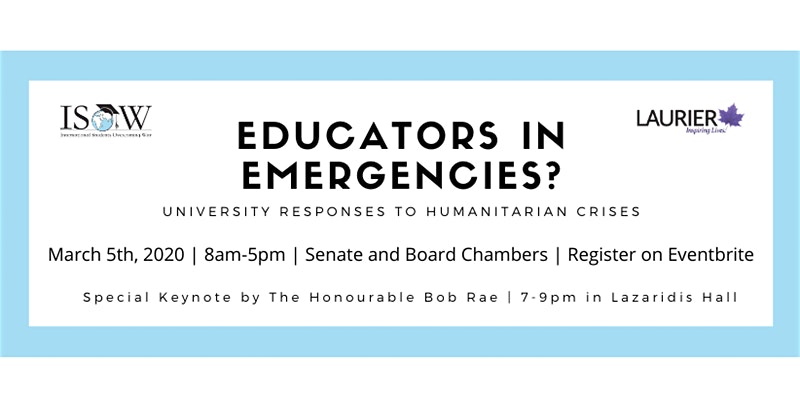
The devastating impact of the Syrian war on its higher education sector has brought the topic of higher education in emergencies on the agenda on governments and NGOs, as well as businesses and universities. Higher education is strongly linked to increased opportunity, strengthened economic development, improved public health, and safer communities. The need for higher education is especially acute in places of conflict, where it is crucial in rebuilding societies, maintaining stability, and providing hope for a better future. Yet, only 3% of the world's 70.8 million refugees and displaced have access to higher education, compared to a global average of 38%.
While most higher education institutions don't consider themselves as stakeholders in the global response to humanitarian crises, the growing number of displaced persons globally because of wars, political unrest, and natural disasters require innovative solutions and increased collaboration between traditional and non-traditional stakeholders. The "Educators in Emergencies? University Responses to Humanitarian Crises" conference at Wilfrid Laurier University in Canada on March 5 will explore how Canadian and U.S. institutions have responded to the Syrian refugee crisis focusing on the role higher education should play to support the displaced and refugee students and on key issues such as partnerships, lessons learned, and challenges.
If your institution would like to learn more about getting involved or if you would like to share what your institution has been doing to support displaced and refugee students, join us on March 5 and register below.

